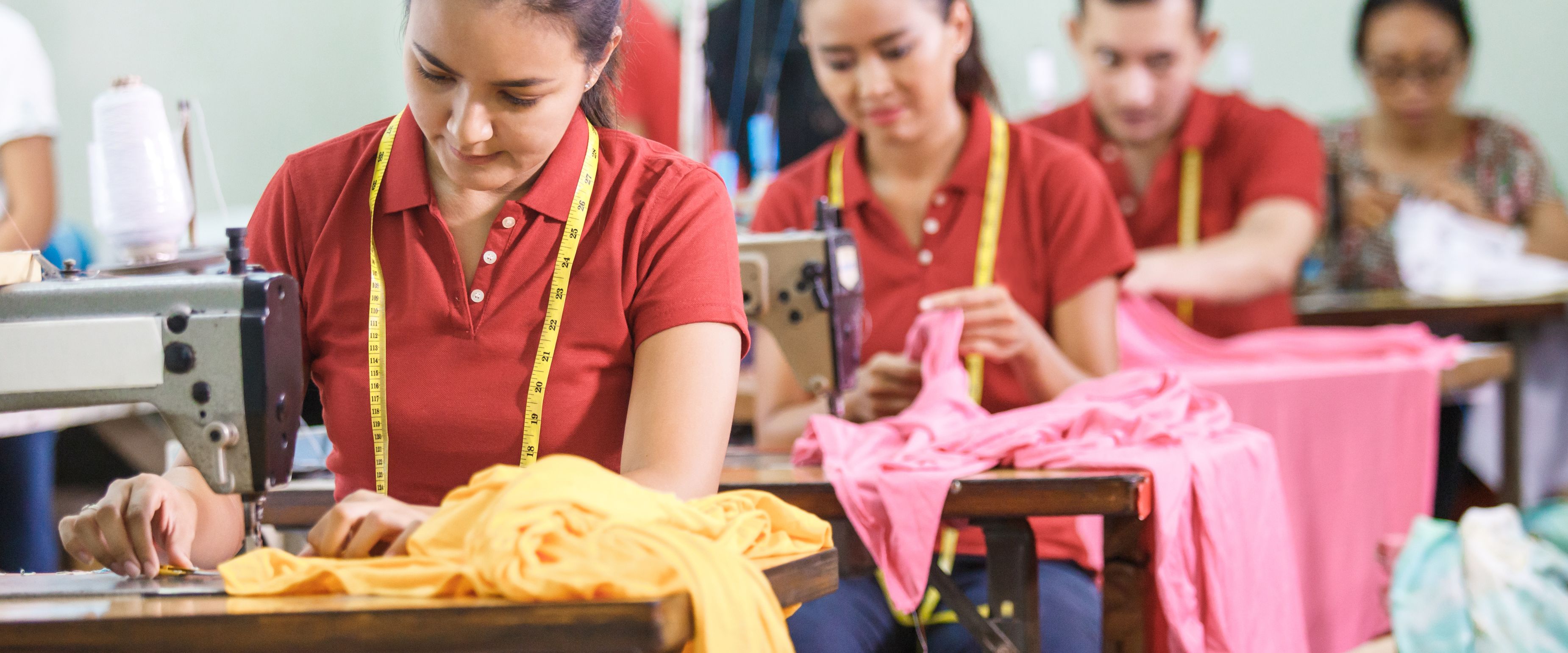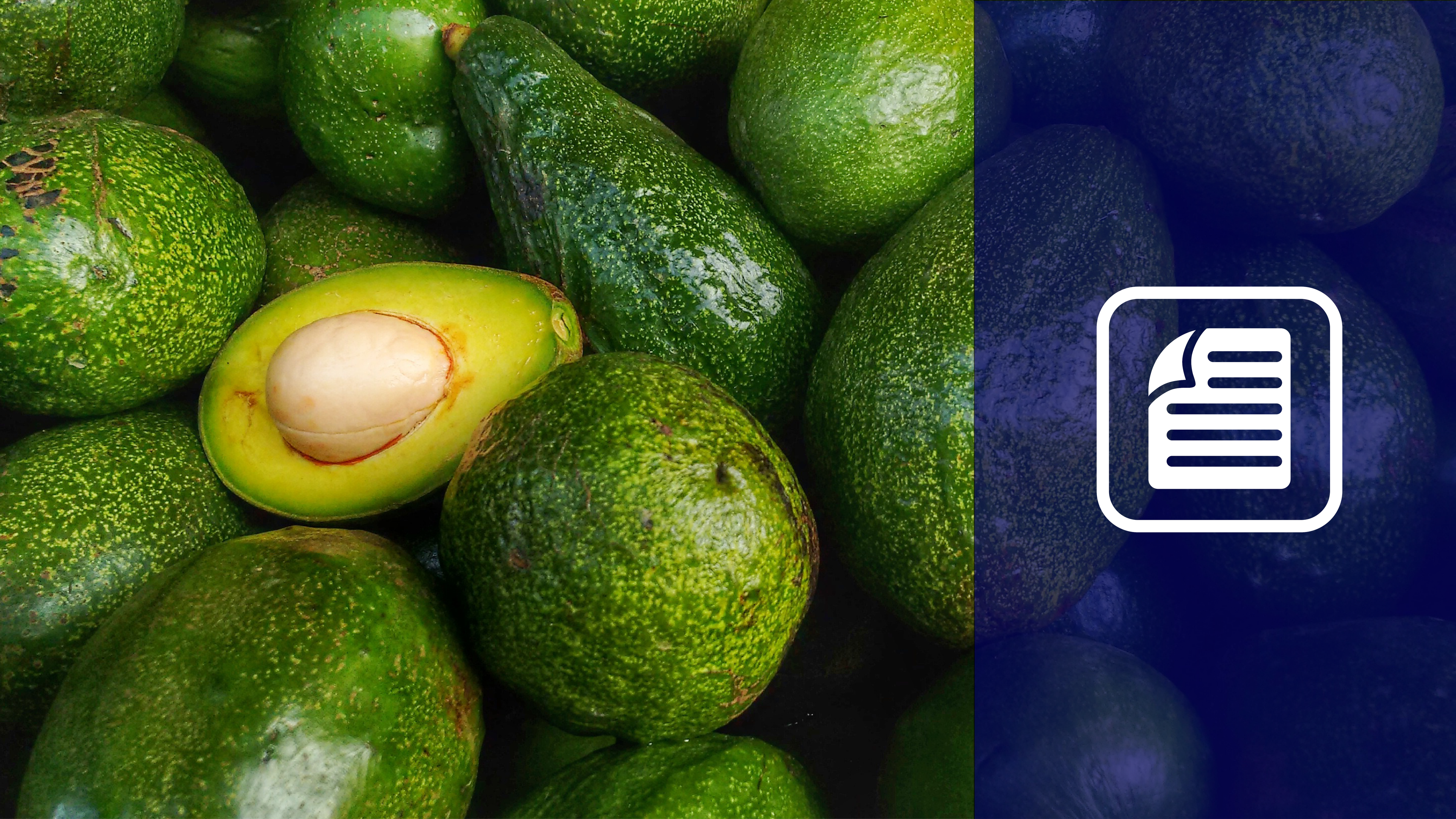

The ALDI SOUTH Group and the ALDI Nord Group jointly published their International Policy on Forced Labour in order to expand their zero-tolerance approach to any forms of slavery and forced labour.
Forced labour affects around 24.9 million people globally, which makes it a central concern for internationally operating businesses. As international companies with global supply chains, the ALDI SOUTH Group and the ALDI Nord Group are aware of their responsibility to respect human rights, and both Groups have implemented requirements and policies to address forced labour and modern slavery in their supply chains. In order to publicly communicate and formalise their commitment to ending forced labour, the ALDI Groups have now jointly published their International Policy on Forced Labour.
The International Policy on Forced Labour expands on ALDI’s existing commitments to human rights and underlines ALDI’s stance that any forms of servitude or slavery, or forced, bonded, indentured, trafficked, or non-voluntary labour are unacceptable throughout ALDI’s supply chains. This concerns all relevant stakeholders including all suppliers, production facilities, service providers and contractors. The principles outlined include freedom of employment, the right to safe working and living conditions for all workers (including migrant workers), the prohibition of debt bondage and recruitment fees, a ban on state-imposed forced labour, and a zero-tolerance approach to the exaction of labour through coercion, fraud, retention of identity papers, or through any other forms of exploitation. The policy further outlines ongoing efforts and commitments to address and remediate forced labour in ALDI’s supply chains, commits to an approach of continuous improvement, and assigns responsibilities for implementation.

The ‘International Policy on Forced Labour’ has been developed together with the Mekong Club and Stronger Together, two multi-stakeholder initiatives dedicated to tackling modern slavery in industrial supply chains. The Policy aligns with internationally accepted standards, including the ILO Forced Labour Conventions and the UN Guiding Principles on Business and Human Rights.


